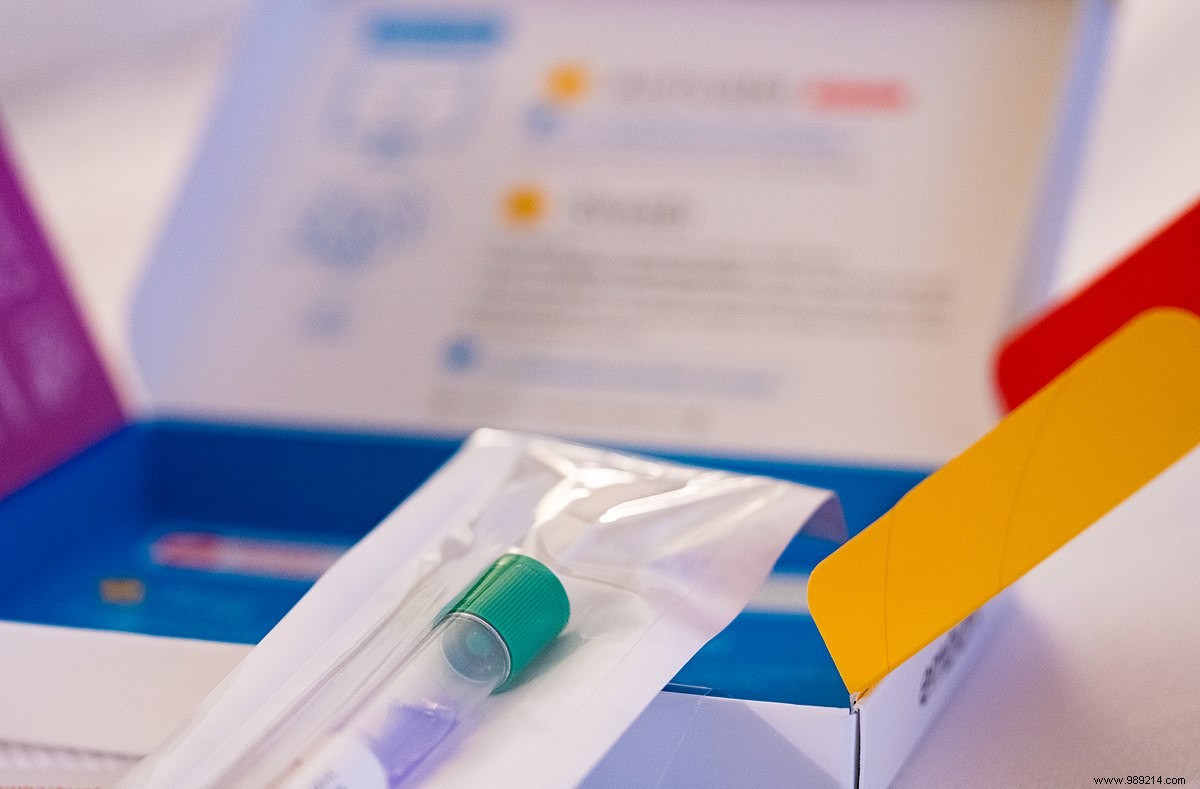The United States Department of Defense (DoD) has urged the military not to do recreational DNA testing. The risks are related to the collection of their data, which could affect their security as well as their career.
As an New York Times article explains published on December 24, 2019, the Pentagon issued a memo to the military. Since untraceable, this rather inconvenient document urged soldiers and other military personnel to not indulge in recreational DNA testing . Remember that these are do-it-yourself DNA test kits. More than 25 million Americans have already used it since 2013, in order to know their origins and/or their predispositions to certain diseases.
According to the United States Department of Defense, private companies are likely to harvest and sell the data soldiers. However, this would constitute a threat to the security as well as to the career of the persons concerned. Moreover, the DoD indicated that these tests were unreliable. The Pentagon did not name the companies in question but they are easily identifiable. Indeed, they are four to share the market :Ancestry, FamilyTreeDNA and 23andMe (USA) as well as MyHeritage (Israel). Interviewed by the New York Times , Ancestry has indicated that it does not allow data to be shared with a third party without the consent of customers.

The DoD mentioned in particular potential inaccuracies in medical information. It is mainly about the genetic predispositions of clients to about ten diseases. The fact is that the tests do not take into account environmental factors. It is also a question of the origin of the client determined by the test. However, this is statistical with a certain margin of error . The reason is simple:the databases used are based on voluntary declarations.
The fears also relate to data leakage, particularly at the storage level. However, companies sometimes themselves have unacceptable behavior . For example, 23andMe, which in 2018 sold all the genetic information in its possession to the British pharmaceutical company GlaxoSmithKline.
In France, DNA self-testing is illegal but the practice is not uncommon. The ease with which companies ship these tests is baffling. In early December 2019, an article from Numerama indicated that despite the ban in our country, these tests were still promoted on platforms such as YouTube.
Related Articles: